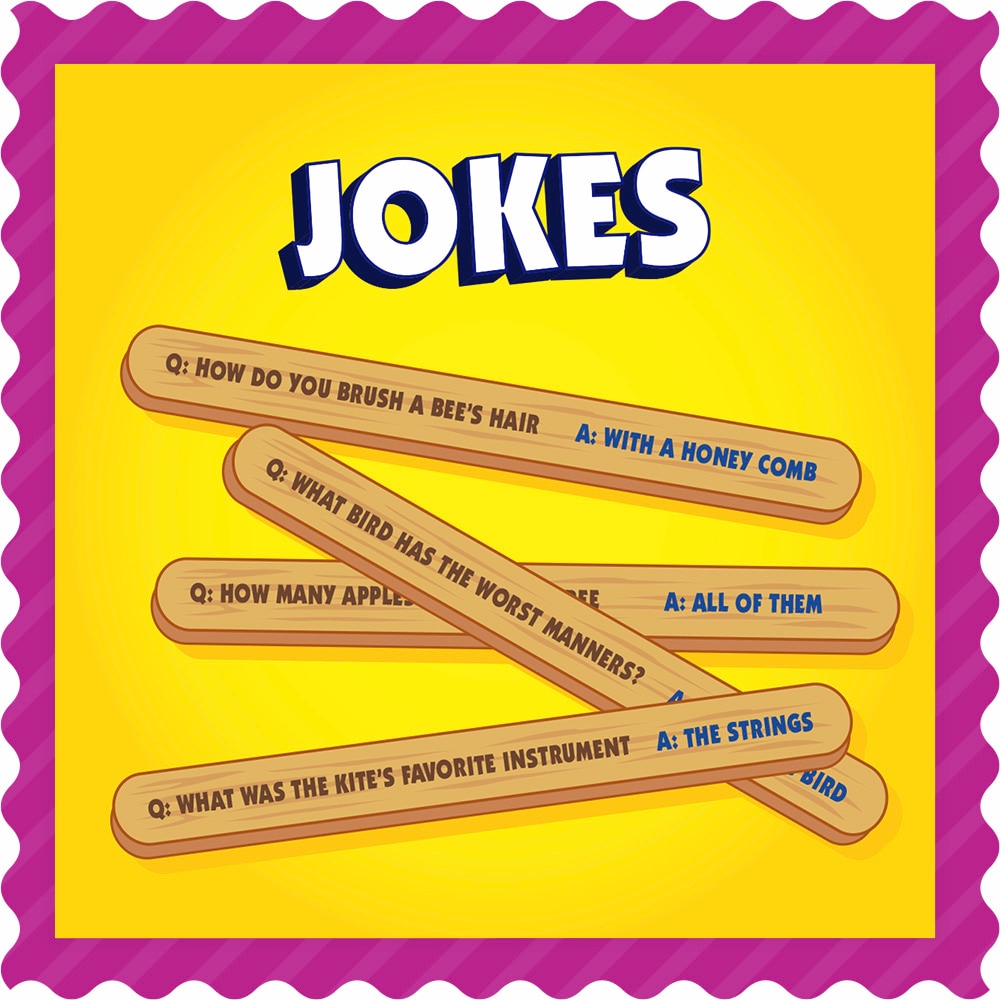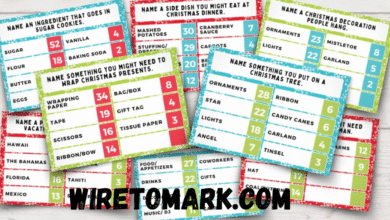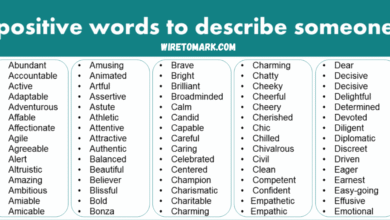Funny Jokes for Kids A Giggle-Filled Guide

Laughter is one of the simplest joys of childhood, and nothing sparks it faster than a collection of funny jokes for kids. Parents, teachers, and even older siblings often find themselves looking for clean and lighthearted humor that can brighten up the day. Having a good supply of jokes at hand is more than entertainment—it becomes a way to bond, to teach social skills, and to fill family time with smiles.
What makes kids’ jokes so magical is their universal appeal. The humor may be simple, sometimes even a little silly, but the genuine laughter it draws is contagious. With the right joke, a dull afternoon can turn into a giggle session, and a stressful moment can shift into something lighter.
Funny Jokes for Kids That Never Get Old
There’s a reason classics stand the test of time. Some funny jokes for kids have been around for generations, passed down on playgrounds and at dinner tables, and they never lose their charm. They’re often short, easy to remember, and safe enough to share with anyone. This makes them perfect for school, playdates, or family road trips.
The secret behind these timeless jokes lies in their simplicity. Children don’t need complex setups or long punchlines; in fact, the shorter the better. A quick question-and-answer format or a silly pun is usually enough to get laughter bubbling up. These old favorites remind us that humor doesn’t have to be complicated—it just needs to be fun.
Funny Jokes for Kids That Parents Will Love Too
Sometimes, the best part of hearing kids laugh is joining in the laughter yourself. Many funny jokes for kids are just as amusing for adults, especially when they rely on clever wordplay or playful twists. Parents can enjoy the dual purpose of these jokes: delighting their children while sneaking in a few chuckles of their own.
Sharing jokes together also creates a bond that goes beyond laughter. Kids feel a sense of pride when they tell a joke and get their parents to laugh. This builds confidence in communication, storytelling, and timing. For parents, it’s a reminder that laughter is a universal language, and sometimes the silliest jokes are the ones that bring the most joy.
The Power of Jokes in a Child’s World
Humor plays a bigger role in childhood than many realize. Beyond being entertaining, jokes can help kids navigate social settings, build friendships, and even learn new words or ideas. A child who knows a few great jokes is often seen as approachable and fun to be around.
Laughter also has proven health benefits. Studies suggest that giggling reduces stress, boosts mood, and even supports physical health by lowering tension in the body. For kids, this means jokes aren’t just play—they’re tools for emotional resilience.
Why Silly Humor Works So Well
Kids are naturally drawn to silliness, and that’s why silly humor always works. The fun of absurd situations, exaggerated sounds, or wacky characters taps into their sense of imagination. A joke about a talking animal or a pizza that sings makes no logical sense, but for children, it’s hilarious.
This kind of humor also encourages creativity. When children laugh at a silly joke, they often start making up their own. That moment of invention, even if the joke doesn’t “work,” is a spark of imagination at play.
Creating Your Own Jokes at Home

You don’t have to rely only on books or websites to find laughs. Creating jokes at home can be an exciting activity for kids and parents alike. It can start as simple as picking an everyday object, like a banana, and trying to come up with a funny question about it.
This process not only makes the humor more personal but also gives children the chance to flex their thinking skills. Coming up with a punchline teaches them about rhythm, timing, and wordplay. Plus, homemade jokes carry extra value because they’re unique to your family.
Jokes in the Classroom
Teachers often find that humor is a powerful tool for building rapport with students. A well-timed joke can ease classroom tension, encourage participation, and even make lessons more memorable. When kids are laughing, they’re more relaxed and open to learning.
Sharing light humor also fosters a positive classroom culture. It teaches kids that school isn’t only about rules and assignments—it’s also a place where fun has a role. Jokes can turn a tough day into a better one and bring classmates together in shared amusement.
The Role of Storytelling in Kids’ Humor
Many of the best jokes for children rely on storytelling. Even a short setup creates anticipation and excitement for the punchline. This is part of why kids enjoy riddles or longer jokes—they love the suspense.
When kids learn to tell jokes with a story arc, they’re actually practicing valuable communication skills. They learn to pace themselves, emphasize words for effect, and keep an audience engaged. In this way, jokes double as both entertainment and education.
Tips for Sharing Jokes With Kids
Timing is everything when it comes to humor. Sharing a joke when kids are already engaged or relaxed will have a much better effect than forcing it during a stressful moment. Choosing the right time makes the humor feel natural and fun.
It’s also important to know your audience. Younger kids may prefer silly animal jokes, while older children might enjoy clever wordplay. Matching the humor to the age and personality of your child ensures laughter instead of confusion.
Encouraging Kids to Tell Their Own Jokes
When kids start telling their own jokes, they feel empowered and creative. They might stumble or forget punchlines, but that’s part of the fun. The more they practice, the more confident they become in expressing themselves.
Parents can encourage this by listening patiently and laughing—even when the joke doesn’t quite land. This encouragement builds confidence, and before long, kids will be running their own comedy shows at the dinner table.
Bringing Families Together Through Laughter
One of the simplest ways to bond as a family is through shared laughter. Funny jokes told around the dinner table, during a car ride, or before bedtime create lasting memories. These little moments often become traditions that children carry into adulthood.
Families who laugh together often report stronger emotional connections. Humor lightens tough situations, creates joy during ordinary routines, and strengthens the sense of belonging in a household.
FAQs About Jokes for Kids
Why are jokes important for children?
Jokes help children develop communication skills, social connections, and confidence. They also provide a healthy outlet for stress and boost creativity.
How can I introduce jokes to my child?
Start with simple riddles or puns that are easy to remember. Share them casually during everyday activities, like snack time or playtime.
What type of jokes work best for younger kids?
Short and silly jokes about animals, food, or everyday objects are usually the most effective for younger children.
Can jokes be educational?
Yes. Many jokes rely on wordplay, rhymes, or riddles that challenge kids to think critically and expand their vocabulary.
How often should I share jokes with my kids?
There’s no set rule—jokes can be part of your daily routine or saved for special moments. What matters most is making humor a consistent part of family life.



